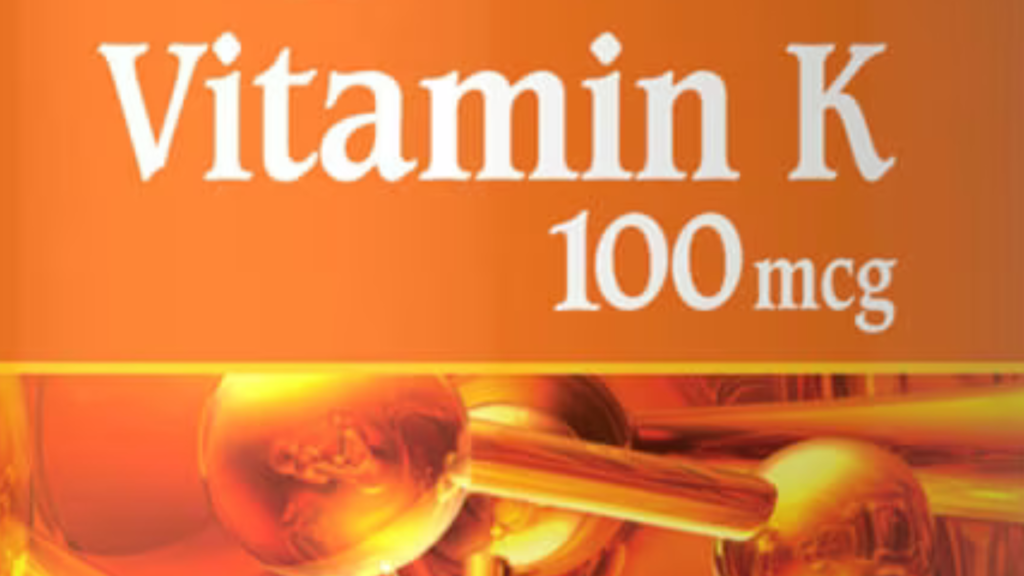What is Vitamin K antidote for in your body? Vitamin K, a fat-soluble vitamin, stands as a vital component in your body’s functionality. It is primarily recognized for its role in blood clotting. However, its significance extends beyond hemostasis, encompassing various bodily functions such as bone metabolism and cell growth regulation. Beyond its foundational role, Vitamin K also serves as an antidote in specific situations, counteracting the effects of certain medications or conditions. This multifaceted vitamin underscores its indispensability in maintaining your overall health and well-being.
Antidote in Medical Terms
An antidote is a substance or treatment that counteracts the effects of a poison, toxin, or harmful substance in the body (Kindly read my article, Complete Guide To Antidotes, for in-depth details). It acts as a remedy to neutralize or reverse the adverse effects caused by the offending agent. In medical contexts, antidotes play a crucial role in emergency situations, where rapid intervention is necessary to prevent serious harm or death.
Vitamin K as an Antidote

Vitamin K is a fat-soluble vitamin essential for blood clotting. It plays a key role in the synthesis of several clotting factors (specifically Factors II, VII, IX, and X) in the liver. When you are exposed to certain medications or substances that interfere with blood clotting, Vitamin K serves as an effective antidote to restore normal coagulation.
Specific Situations Where Vitamin K Is Used as an Antidote
Warfarin Poisoning: Warfarin is a commonly prescribed anticoagulant (blood thinner). It inhibits the action of Vitamin K. In cases you get excessive bleeding due to warfarin overdose or toxicity, administration of Vitamin K can help you to reverse its effects and restore your blood’s clotting ability.
Superwarfarin Poisoning: Superwarfarins (such as brodifacoum) are potent rodenticides. They are approximately 100 times more powerful than regular warfarin and have a prolonged half-life. Accidental ingestion or intentional poisoning with superwarfarins can lead to severe bleeding. Vitamin K is the antidote of choice in such cases.
Vitamin K Deficiency: If you are an individuals with severe Vitamin K deficiency (often due to malabsorption, liver disease, or inadequate dietary intake). You may experience bleeding disorders. Administration of Vitamin K can help you to replenish the deficient clotting factors.
Newborns: Newborns are born with low levels of Vitamin K, which can put them at risk of bleeding. Routine administration of Vitamin K shortly after birth helps prevent hemorrhagic disease of the newborn.
Primary Purpose of Using Vitamin K as an Antidote
The primary purpose of using Vitamin K as an antidote is to reverse coagulopathy (abnormal bleeding) caused by factors like anticoagulant medications, rodenticides, or Vitamin K deficiency. By promoting the synthesis of clotting factors, Vitamin K ensures proper blood clot formation, preventing excessive bleeding and maintaining hemostasis.
Potential Risks and Side Effects Associated With the use of Vitamin K as an Antidote
While Vitamin K can be effective as an antidote in certain scenarios, its use also carries potential risks and side effects. These may include allergic reactions, particularly in individuals with hypersensitivity to Vitamin K or its components. Additionally, improper dosage or administration could lead to adverse effects such as gastrointestinal disturbances or interference with blood thinning medications.
Therefore, it is imperative to consult a healthcare professional before considering Vitamin K as an antidote. Healthcare providers can assess individual health conditions, potential interactions with other medications, and determine appropriate dosage regimens. This precautionary approach ensures optimal efficacy while minimizing the risk of complications, emphasizing the importance of informed medical guidance in the use of Vitamin K as an antidote.
Summary
Vitamin K emerges as a multifunctional nutrient crucial for various bodily processes, including blood clotting and bone metabolism. While its role as an antidote in specific medical situations is notable, it’s essential to recognize the associated risks and consult a healthcare professional before use. By doing so, you can navigate potential interactions, dosage considerations, and mitigate any adverse effects. Understanding Vitamin K’s function as an antidote not only underscores its importance in healthcare but also empowers you to make informed decisions for their well-being. Therefore, seeking professional medical advice remains paramount, ensuring safe and effective utilization of Vitamin K as an antidote when necessary.
Read another article from the Medical Antidote:
Why vitamin K injection is given in pregnancy?



